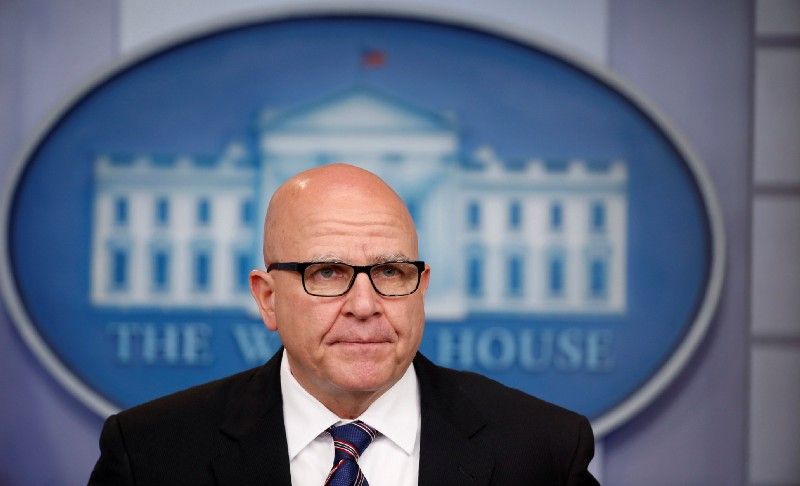February 02, 2018
Your Friday author has been fielding questions lately about a proposal reportedly under discussion within the Trump national security team for a “bloody nose” strategy on North Korea. I haven’t taken this idea as seriously as I should. Let’s fix that now:
What is the bloody nose strategy? It’s a proposal to respond to a future North Korean missile test or other provocative act with a carefully targeted attack on a North Korean military facility.
What’s the purpose? To signal North Koreans that the US is willing to punish them militarily for taking actions that threaten US national security, but without starting a full-scale war. Sanctions and threats haven’t made a difference. Kim still wants a missile, fitted with a miniaturized nuclear warhead, that can reach the US mainland. A bloody nose attack is meant to make clear that North Korea will pay a price for every threatening action it takes in the future.
Is this a good idea? I think it’s a terrible idea.
Here’s why:
1- If US officials think Kim Jong-un is irrational, shouldn’t they be concerned that he’ll respond to a limited attack irrationally — by starting a war that kills hundreds of thousands of North and South Korean civilians and large numbers of US troops in a matter of hours?
2- What if he’s perfectly rational and decides to launch a proportional response to persuade the Trump administration that the US can’t attack his country without consequences? What does “proportional” mean to Kim? A counter-attack designed to kill no more than a dozen US soldiers? If President Trump launches a bloody nose strike, and North Korea kills ten South Korean and American soldiers in response, what does President Trump do next? Call it even?
3- Why are US officials confident that Kim will recognize the US attack is limited? He may think this is the big one and decide he doesn’t want to go out like Saddam Hussein.
4- If US officials believe Kim Jong-un wants to use nuclear weapons to deter the US while he invades and conquers South Korea, why would a bloody nose strike change his mind? Might it not persuade him he’s been right all along to want a nuclearized ICBM that he’s sure will prevent a future US attack?
The bottom line: Attacks don’t persuade governments to give up their defenses. They encourage them to strengthen them. Neither Washington nor the millions of Koreans living in harm’s way know how Kim would respond to a limited US attack. Let’s hope we never find out.
More For You
Behind every scam lies a story — and within every story, a critical lesson. Anatomy of a Scam, takes you inside the world of modern fraud — from investment schemes to impersonation and romance scams. You'll meet the investigators tracking down bad actors and learn about the innovative work being done across the payments ecosystem to protect consumers and businesses alike. Watch the first episode of Mastercard's five-part documentary, 'Anatomy of a Scam,' here.
Most Popular
Think you know what's going on around the world? Here's your chance to prove it.
© 2025 GZERO Media. All Rights Reserved | A Eurasia Group media company.
